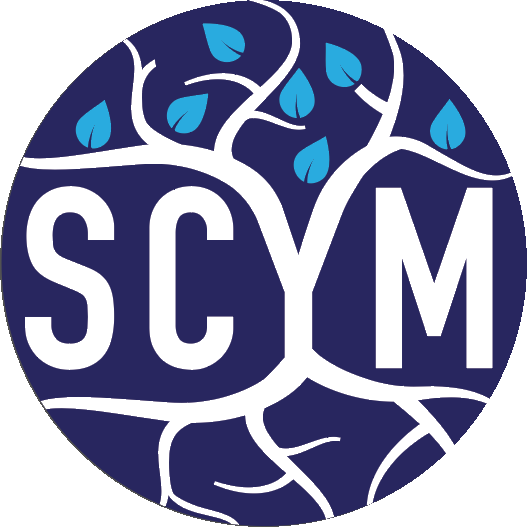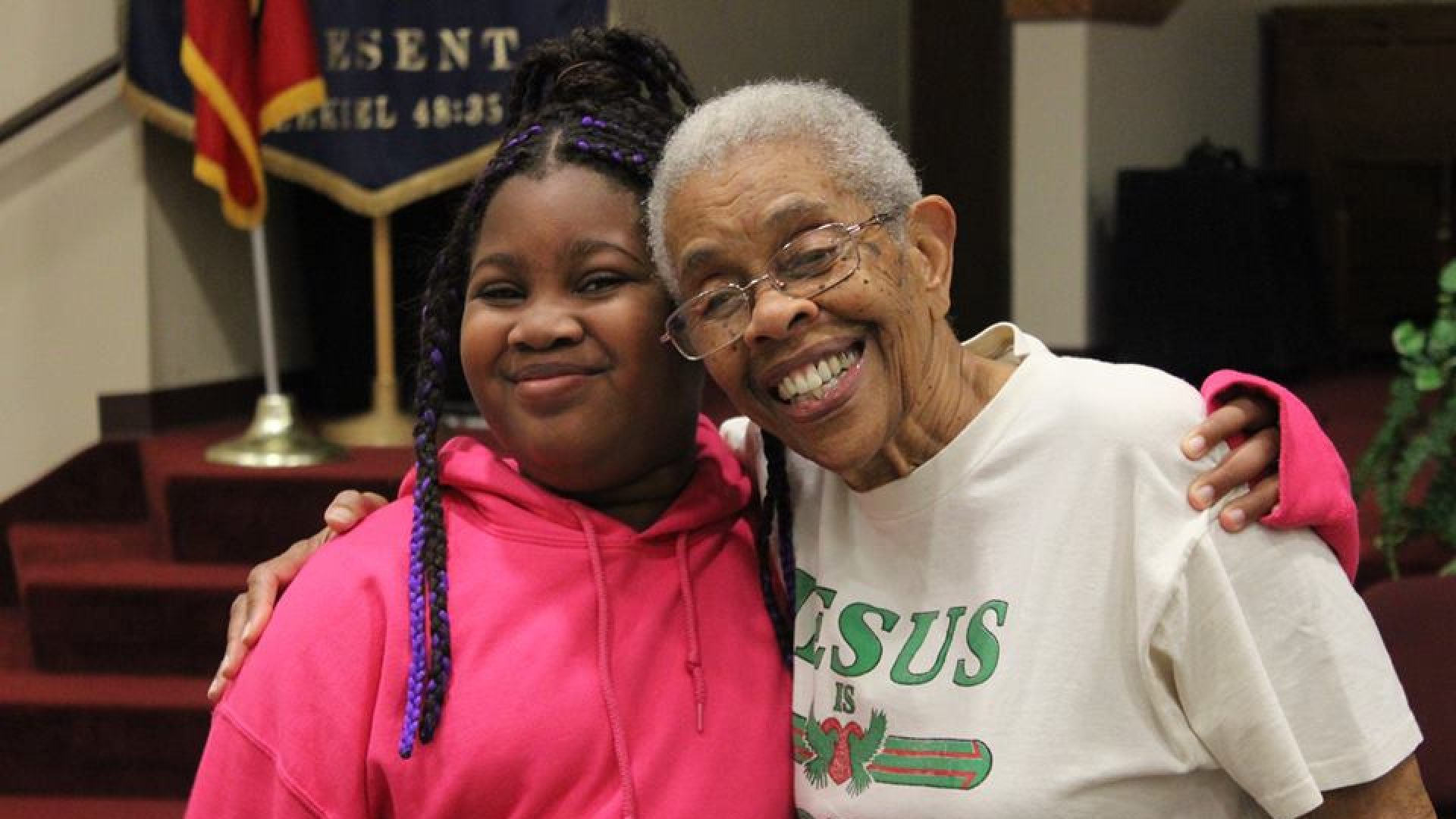His name was James. He was about 8 years old, with a rattail haircut and an attitude. (If you don’t remember the ‘80s or ‘90s, you really should google “rattail haircut”.)
I was 21, fresh out of college, and volunteering with my church’s Vacation Bible School. I couldn’t tell you exactly what led up to that moment. (Did I mention this was a long time ago?) But there I was on a beautiful Vermont summer day, hanging out on the church’s porch with James, trying to talk some sense into an unruly kid.
I do have a general sense of what had happened before that: James was disruptive. He didn’t want to listen to the teacher. He was angry. He took it out on the other kids. He probably didn’t want to be at VBS at all. It was best for everyone to give him a time-out with me outside.
To my 21-year-old credit, I did at least a few things right: I looked him in the eye, sat down on the ground so I wouldn’t tower above him. I knew his name. I gave him my undivided attention. I didn’t yell. (At least I don’t think I did.) I probably talked to him about choices and consequences.
But I wish I had known some things back then.
I remember feeling like if I just said the right words, the light bulb would come on for James and he would change. I wish I had known that motivational speeches to kids in those situations are mostly a waste of breath. (I mean, you have to say something; it might as well be motivational. Just don’t expect it to do much.)
Mostly, I wish I had known about trauma. I wish I had known that 9 times out of 10, you don’t act the way James did that day if your life has been great.
I have no idea whether James had experienced trauma, but looking back I’d say there was a pretty good chance he’d had a significant loss or traumatic experience, like a parent in prison, abuse, loss of someone significant, violence in his home.
I wish I had known how trauma affects a child’s brain: That their thinking and processing abilities can’t develop correctly, because their brain is fighting so hard to protect their body and their heart. That they’re not being disobedient the way we may see it; their brain simply can’t control the impulses to meet their basic needs.
I wish instead of mustering up a motivational speech, I’d just asked some simple questions.
“You seem upset. What’s wrong?”
“Are you sad about anything?”
“Mad about anything?”
I wish I’d had something simple like a soccer ball to kick back and forth, something repetitive and calming, until James was ready to talk or go back inside. I wish I’d known that that experience – if I’d handled it better – might have been just as important to James as any lesson going on inside the building.
I wish I’d known that even though we didn’t have social work experience or fancy titles, our little church had some of the most important instruments of healing to offer a kid who’d been through trauma: Unconditional love. Safe people. Fun. Hope.
I wish I’d known that the disruptive kid who throws a wrench into our carefully planned program may be the kid who needs us the most.
I never knew James’ family or even his last name, so this is all hindsight guessing. But even though this was many years ago, I know without a doubt that Jameses are coming through many church doors today on a regular basis.
Church: I’m challenging us to stretch a little, and begin to understand trauma. Our schools, police, courts, hospitals and more are learning about trauma, and we can too. I know, in the church we like to talk about the heart and spirit more than we talk about the brain, but God made them all and we can learn.
Springfield: Trauma affects so many kids in our city. From growing up in a violent neighborhood, to parent abandonment, to family addiction, to death of a loved one, there are potentially traumatic experiences happening to our kids daily. We need to understand how trauma may affect them, and what we can do to help.
It’s as simple as this: Focusing on what’s happened to the person, instead of what’s wrong with them. Getting to the root of the hurt that’s happened, instead of just handing out punishment.
There’s a great team of folks working on something called trauma-informed care here in Springfield, and you can expect to see more resources coming in the days ahead. We will do our best to bring them to you and help you understand how they affect churches helping kids.
There is hope for children who’ve been through trauma! And Church, we can offer that hope as we respond with love, compassion, sensitivity, and wisdom.
Faith Bosland
Executive Director



One thought on “Kids and trauma: What I wish my 21-year-old self had known”
Thank you so much for sharing. We are currently experiencing many Jame’s coming through our doors.